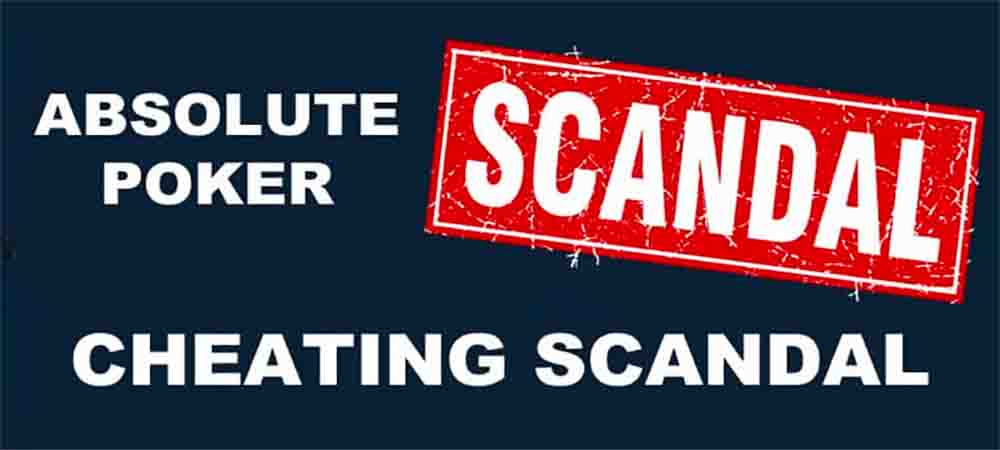Founder and co-owner of Absolute Poker, Scott Tom, recently arrived in the United States to stand trial on money laundering charges and violations of the Unlawful Internet Gambling Enforcement Act (UIGEA) stemming from his Costa Rica based company. Tom entered a plea of not guilty and was released on bond.
Absolute Poker, along with Full Tilt Poker, Poker Stars, and several others, were all part of the now famous Department of Justice’s “Black Friday” bust back in 2011. The DOJ’s case can be traced back to the UIGEA, which was established in 2006. The UIGEA put a strain on banks and other financial institutions, specifically on their processing of transactions from illegal gambling operations.
This law prompted the retrieval of many shady illegal gambling sites in the US. Absolute Poker and the other companies stand accused of engaging in illegal transactions via moving money through vague channels, such as shell companies. Thousands of players lost money with the site during the time of its operation, and the site never issued the payouts it was supposed to because of it.
As it stands now, thanks to a Formal Opinion issued by the DOJ, online gambling is a state matter, meaning states have the right to choose if they want it or not. If they do, it would be a state-regulated site that contributed to the local economy. Gambling with a poker site located offshore that isn’t sanctioned by the state you’re betting in would be considered illegal.
The UIGEA doesn’t make it illegal to place bets online with legal offshore gambling sites; it only targets banks and financial institutions. Neither does the Federal Wire Act, a federal law that deals with placing bets online—this law only pertains to US-based gambling sites.
The only convictions that have ever come because of the Federal Wire Act are from US-based gambling sites. As long as the offshore gambling sites being used have the proper legal licensing and are regulated by a respected government, American bettors are not breaking any laws.
Online gambling didn’t become illegal through the UIGEA. If anything, the UIGEA was helpful in that it raised the standards through which online gambling companies must cooperate with. This created a network of legitimate companies that maintain ethical practices with American bettors. The federal laws in placer are not designed to ban all forms of online gambling.
With legally sanctioned offshore gambling sites, American bettors can participate in online gambling with peace of mind knowing they aren’t breaking any laws and aren’t dealing with any suspect businesses.
As for the Absolute Poker case, the verdict remains to be seen. However, Absolute Poker’s failure is a testament to what the wrong types of online gambling sites can bring. Offshore gambling sites that have the legal licensing and regulatory oversight mentioned above are the best options for US bettors who want to get involved with online gambling.

